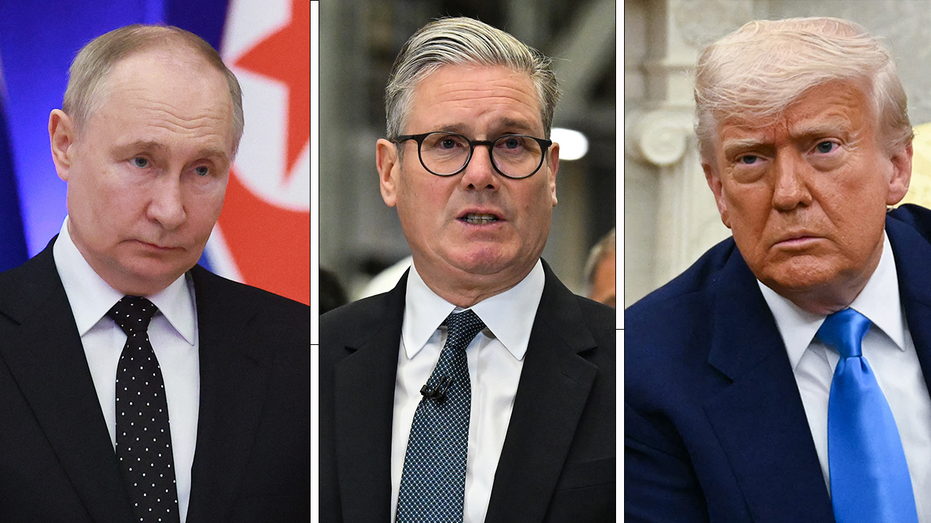UK adopts new NATO-first defense policy amid challenges from Trump and Putin
UK Prime Minister Keir Starmer unveils new defense strategy emphasizing nuclear deterrence and enhanced NATO cooperation amid rising global tensions.

The United Kingdom unveiled major new defense initiatives on Monday, signaling a decisive shift in its military posture as Russia’s war in Ukraine continues and concerns grow over the future of U.S. commitments to European security. British Prime Minister Keir Starmer declared the nation would achieve “war-fighting readiness,” announcing plans to invest tens of billions of dollars in cutting-edge technologies, a robust increase in weapons manufacturing, and perhaps most significantly, a massive enhancement of nuclear deterrence capabilities.
The sweeping package follows the release of a comprehensive Strategic Defense Review, which found the UK vulnerable in several areas and in need of urgent improvements to keep pace with emerging global threats. The review specifically identified Russia, China, North Korea, and Iran as major challenges for British and European security. In response, Starmer underscored that protecting the nation requires not only higher defense spending but also a fundamental shift in governmental priorities, stating the new approach would make security and defense the “fundamental organizing principle of government.”
Details of the 144-page plan show a defense strategy tailored to address what officials described as “more serious and less predictable” dangers than at any time since the Cold War era. At the heart of the proposals is a $20.3 billion investment in Britain’s nuclear warhead program—a bid to expand deterrence and, as the report puts it, “send the ultimate warning to anyone who seeks to do us harm.” This initiative will be accompanied by increased production of modern submarines, with a new nuclear-powered attack submarine to be constructed every 18 months until the UK reaches a fleet of 12 vessels under the AUKUS partnership with Australia and the United States. This trilateral deal is also designed to boost stability in the Indo-Pacific, especially amid rising tensions with China.
The defense overhaul has been described as a “NATO first” policy, emphasizing the alliance’s central role in confronting immediate threats—particularly those posed by Russia’s ongoing military aggression. However, officials clarified that this is not a “NATO only” approach, as London also looks to strengthen resilience across society and government while forging partnerships beyond the North Atlantic framework.
Security experts caution that Russia represents a generational threat—one likely to last well beyond the Ukrainian conflict or even the presidency of Vladimir Putin. As a result, European governments have been racing to recalibrate their defense postures. This urgency has been fueled further by uncertainty over the future commitment of the United States; former President Donald Trump has repeatedly suggested he might withdraw American troops from Europe, putting NATO’s collective defense assurances into question.
During his previous term, Trump pressured NATO allies to boost defense spending, yet a significant number failed to meet the alliance’s 2% GDP target until after Russia’s invasion of Ukraine. Today, only eight NATO members still fall short of that pledge, while several—including the U.S.—spend more than 3%. Starmer’s government has committed to raising the UK’s own defense spending to 2.5% of GDP by 2027 and aims for 3% by 2030, keeping pace with calls for greater European self-reliance amid American unpredictability. Trump, meanwhile, has gone so far as to urge NATO nations to spend up to 5%—a benchmark not currently matched by the alliance or even the U.S. itself.
Looking ahead, the UK seeks to play a more assertive leadership role within NATO, particularly as the reliability of the U.S. continues to be debated against the backdrop of war in Ukraine and possible troop reductions. Defense Secretary John Healey highlighted the arrival of a 'new era of threat,' demanding a bold departure from old security strategies. With these sweeping reforms, British leaders are betting that increased readiness and strengthened alliances are essential to preserving stability across Europe—and deterring those who would threaten it.




